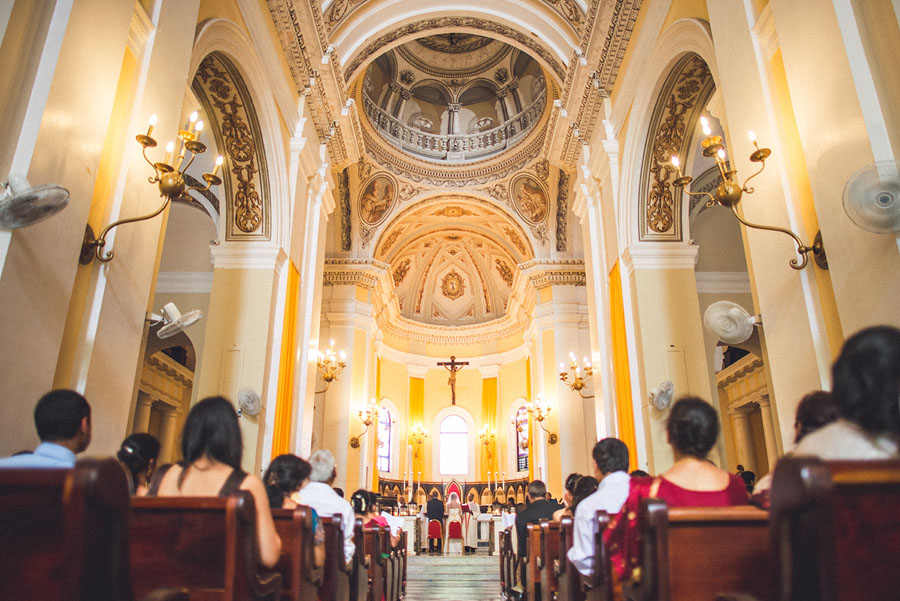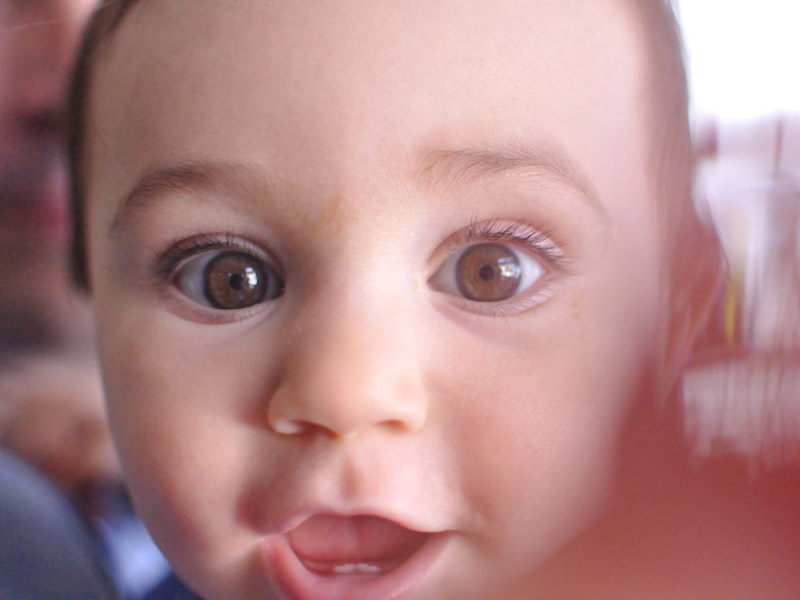veja mais sobre that made Christianity unique from most of the other religions practiced in the Roman Empire is its strict renunciation of different gods. This follow, adopted from Judaism, would later create friction in Roman Society. Christians refused to take part in pagan celebrations which have been integral to public life in Rome. This caused non-Christians to worry that the emerging religion was offensive to their gods and thereby threatening to the progress of the empire.
- The bishops of the increasing dioceses met at Baltimore for seven provincial councils between 1829 and 1849.
- Its works deal more typically with particular nations, dioceses, and abbeys; common histories are rare.
- This historical event has been the first high-level meeting between the two churches since the Great Schism of 1054.
- American Pilgrimage is a laudable achievement, and it deserves to take its place among the many most respected histories of American Catholicism ever produced.

It is from this standpoint that the Christian historian estimates all explicit events of their relation to the top or purpose of the Church. The religious associations of pagans, i.e. of those who had or don't have any clear information of the one true God. Among them every people has its personal gods, religion coincides with nationality and lives no unbiased life, whereas the spiritual association is closely related or somewhat wholly bound up with the civil order, and is, like the latter, basically particularistic.
Folks Of Religion: Recommended Resources Half 1
Actually it’s saying that whatever makes Jesus to be who he is is in each the bread and the wine. Remember too that the Jesus we're talking about here is Jesus as he lives now, not as he lived in Jerusalem. The bottom line, with out the philosophical language, is that Catholics point to the bread and the wine and say “Jesus” is basically there, “real presence,” as they name it. The church started the twenty-first century confronting a significant crisis concerning sexual abuse of minors by Roman Catholic priests and a challenge by an archbishop to change their guidelines of celibacy for monks. From early rationalist theology and from the teachings of Aristotle developed the philosophies and theologies of Saint Bonaventure and Saint Thomas Aquinas.
What's Unbiased Catholicism?

He is also notable for being less formal in his strategy to the papacy in comparison with former popes. Pope Benedict XVI was elected the brand new pope after the demise of John Paul II in 2005. Pope Benedict was identified for upholding conventional Christian values over secularization and for utilizing the Tridentine Mass found within the Roman Missal of 1962.
But this strategy was threatened, too, when a law was passed in Oregon requiring all youngsters to attend public college. The Knights of Columbus, who had turn into a de facto anti-defamation league, writes Shannon, directed funds to the legal protection group working on the Oregon case and other challenges to Catholic colleges around the country. In 1925, the Supreme Court in Pierce v. Society of Sisters overturned the Oregon obligatory education law. German Catholics, lots of whom had been in the country longer, especially chafed underneath the largely Irish episcopacy. “In 1886, the vicar common of the Archdiocese of Milwaukee traveled to Rome to submit a formal, written protest, generally recognized as the ‘Abbelen Memorial,’ requesting that ‘German parishes shall be completely independent of Irish parishes,’ ” wrote Shannon.
